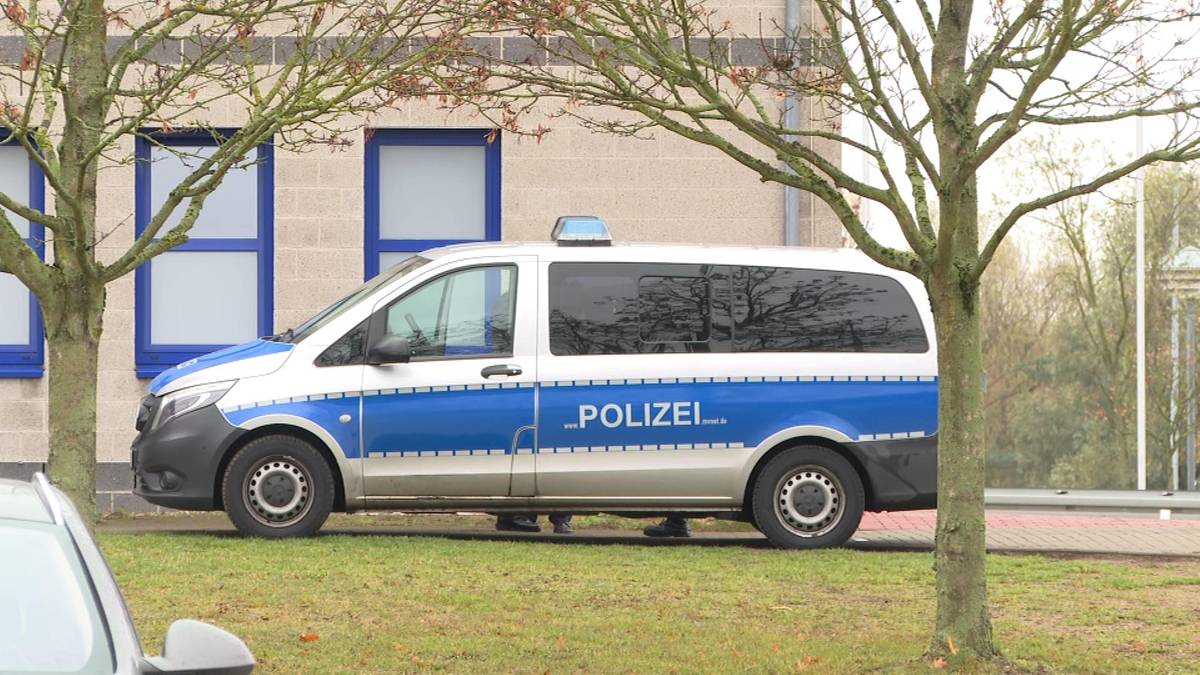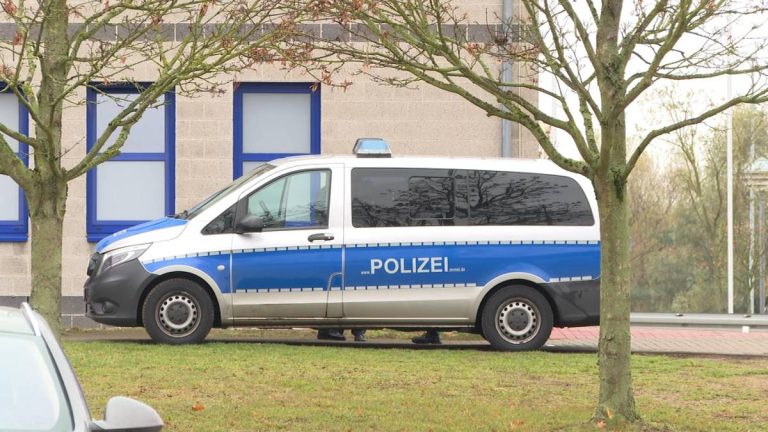
In September this year, Germany introduced restrictions on all land borders. However, residents of Saxony noticed that two fixed checkpoints had disappeared from the Polish-German border and approached Stefan Mayer, head of the Görlitz district, about the matter. Local government officials said in a Facebook post that testing has not been suspended.
Stationary inspections at the border with Saxony have been suspended. “Tactical approach”
“This is a tactical approach by federal police that allows them to be more flexible, rather than just operating from fixed checkpoints,” Meyer said. He also clarified that “security issues and the restriction of illegal immigration remain important to us” and that he remains in close contact with federal police.
See also: Regulation at land boundaries. Other countries have decided so too.
German police spokesperson Marcel Plesch also spoke about the matter. “In the Zittau region, we have decided on a mobile approach with overt and covert patrols,” he said, adding that fixed outposts could be “quickly restored” if necessary. As he emphasized, as a result of the dismantling of the points, there was no significant reduction in operational forces within the scope of the Border Police's mission.
German media added that the change was introduced because the system was becoming ineffective. German television MDR Fernsehen recently reported that no illegal migrant smugglers were caught at either of these two border crossings.
Germany strengthens border controls. The reason is illegal immigration.
Recalling that Germany has decided to strengthen border controls on all land borders, including with Poland, the Czech Republic, Austria, Switzerland and with Western European countries such as Denmark, the Netherlands, Belgium, Luxembourg and France; please.
The reason for this decision is the increase in illegal border crossings and the increasing threat related to crime and terrorism, as exemplified by the recent terrorist attack in Solingen. The temporary restrictions will last for at least six months, but may be extended depending on the situation.
See also: Will Germany send 40,000 migrants back to Poland? There was a response from the Ministry of Foreign Affairs.
The new rules will introduce full restrictions not only at border crossings, but also in border areas up to 30 kilometers from the border. In practice, this means more frequent inspections of documents and shipments.
These measures are aimed at increasing security, but have also raised concerns about restricting the free flow of goods and services, limiting business activities and borders, including the many Poles commuting to Germany. This could have a negative impact on the lives of workers who exceed the limit. .
read more
Source link

